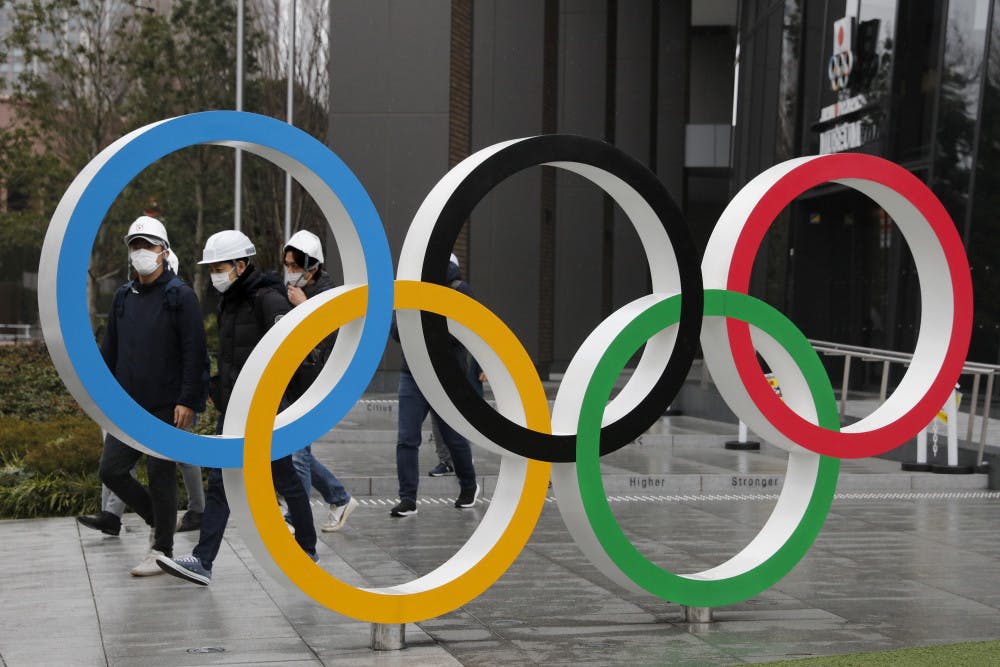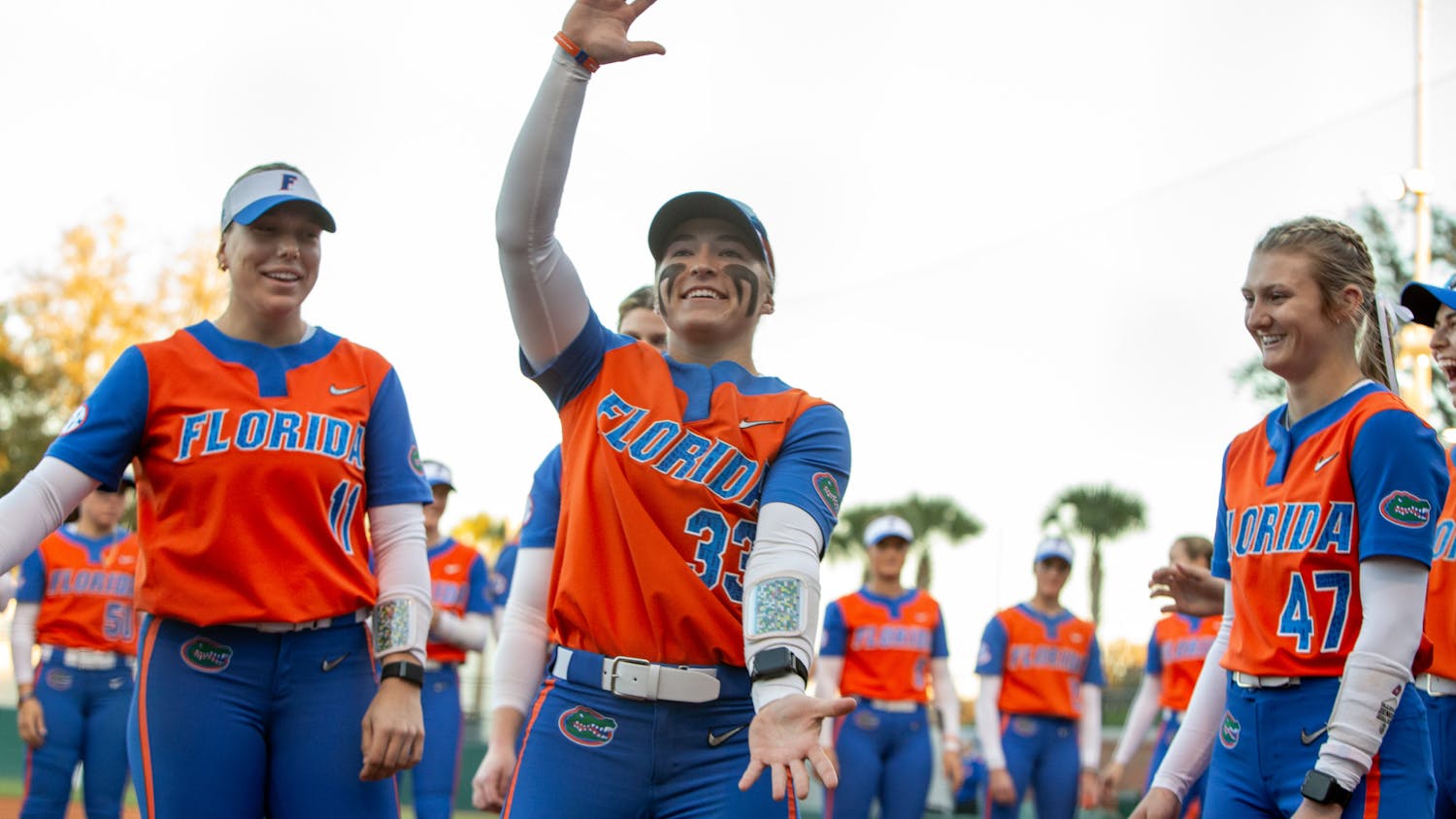In 1916, the Berlin Summer Olympics were canceled after the onset of World War I. In 1940, the Olympics to be held in Tokyo (and then Helsinki) were canceled as tensions in the Second Sino-Japanese War boiled, and the 1944 games to take place in London didn’t occur as World War II was coming to a climax.
The 2020 Olympics in Tokyo may not be canceled as of yet—the event is slated to be held in July of 2021—but the COVID-19 pandemic has put it on hold, and a fifth year of waiting for the games has left a void in the hearts of sports fans around the world.
Tradition has always been a huge part of sports, but no sporting event has more of it than the Olympic Games. From the lighting of the Olympic torch at the Alter of Hera in Greece, the Olympic oath and the opening and closing ceremonies, the history around the contest is almost mythical. Even when the games have yet to begin or they’ve come to a close, the Olympics are a spectacle that even those who aren’t into sports can marvel at. Although the Olympic torch is safe in Tokyo, it’s a shame we won’t see the cauldron lit at the opening ceremony just yet.
The Olympics is also a showcase of sports that don’t get enough attention. I particularly remember being glued to events like fencing and archery when I was younger. Also, for athletes in smaller college sports like gymnastics and swimming, the Olympics is one of their only chances to truly reach an international stage.
This year would have seen the debut of six new sports: surfing, skateboarding, sport climbing, karate, baseball and softball (although these two are actually redebuting after a brief appearance in 2008). While we’ll still hopefully see these sports make their debut next year, I can only imagine that athletes who were excited to finally become Olympians are likely devastated at having to wait for what would be an international debut for many of them.
But the most important part of the Olympics is that it’s one of the only events that can unite all countries of the world in friendly competition. The “Olympic Truce” is another long-standing tradition, but it goes deeper than that.
For about two weeks, people of different nations, beliefs and backgrounds come together from all over the globe to forget about the constant strife of politics and barriers to just play sports. One of my favorite parts of the opening ceremony every four years is watching the athletes from each country wave their flag as they walk around the stadium, ready to prove their worth as athletes free from any global tension or strife.
The Olympic Games are not only the ultimate celebration of sports, but the feeling that sports can give to all of us watching at home. Among the stalling of leagues like the NBA and the NHL, I find myself missing the flare and comradery of the Olympic Games more than anything else.
But the flame hasn’t been snuffed out quite yet. And in 2021, when it finally hits the cauldron in Tokyo and the games can begin, the whole world will have its eyes glued to the screen.
Follow River on Twitter @riverhwells and contact him at rwells@alligator.org
FILE - In this March 4, 2020, file photo, people wearing masks walk past the Olympic rings near the New National Stadium in Tokyo. It's been 2 1/2 months since the Tokyo Olympics were postponed until next year because of the COVID-19 pandemic. So where do the games stand? So far, many ideas about how the Olympic can take place are being floated by the International Olympic Committee, Japanese officials and politicians, and in unsourced Japanese newspaper articles coming from local organizers and politicians. The focus is on soaring costs, fans, or no fans, possible quarantines for athletes, and cutting back to only “the essentials." (AP Photo/Jae C. Hong, File)






